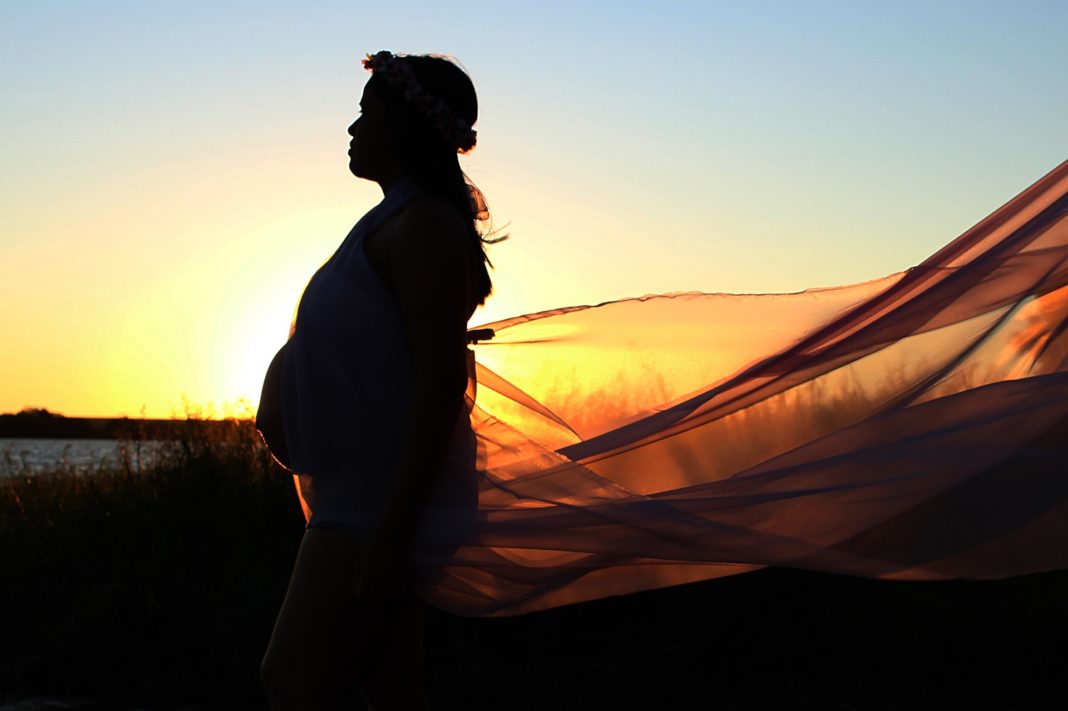Dr. Hayley Hirschmann explores implications of rising birth rates among older mothers.
It’s been said that forty is the new twenty when it comes to having babies.
According to the National Center for Health Statistics, between 1980 and 2004 the number of women giving birth at age 30 doubled, at age 35 tripled and after age 40 almost quadrupled. And according to the Centers for Disease Control, the number of babies born to women 45 or older in 2008 was more than double the number in 1997. Advances in reproductive biology have made motherhood possible for women for whom it was not possible or feasible in their twenties and thirties. Not surprisingly, crossing this new frontier has raised many questions about the implications of delayed parenthood. Studies have tracked the statistical outcomes of these pregnancies with respect to factors like complications, birth defects and multiple births. According to Dr. Hayley Hirschmann, clinical psychologist at The Morris Psychological Group in Parsippany, NJ, “When it comes to psychological factors, the research does not always point to a clear conclusion. For example, are older mothers more likely to suffer from postpartum depression? The answer is a qualified ‘no.’ Age alone is not a factor for increased risk. But there are other factors that are prevalent in older women that may make them more susceptible.”
Connecting the dots between maternal age and postpartum depression
Studies have shown no increased risk of depression in older first-time mothers due to their age. But older women do have higher rates of pregnancy complications, such as blood pressure and diabetes, which is associated with higher risk. And older women have higher rates of multiple births, whether they conceive naturally or with the help of fertility drugs, which is also associated with higher risk. Indeed, as women wait longer to have children and seek help from fertility treatments, the number of multiple births has skyrocketed.
Are older mothers more likely to suffer from postpartum depression? The answer is a qualified ‘no.’ Age alone is not a factor for increased risk. But there are other factors that are prevalent in older women that may make them more susceptible.
According to the Centers for Disease Control and Prevention, the birth rate of twins in the United States rose 76 percent from 1980 to 2009 and the birth rate of triplets and other higher-order multiples increased more than 400 percent during the 1980s and 1990s. And a study published in 2009 by the Johns Hopkins Bloomberg School of Public Health showed that mothers of multiples are 43 percent more likely to suffer moderate to severe depressive symptoms nine months after giving birth than mothers of singletons.
Risk factors for postpartum depression
Women at highest risk are those who have had a prior episode of postpartum depression or who have a history of depression or anxiety disorders, particularly if they were depressed during the pregnancy. Other risk factors include:
- A family history of depression or bipolar disorder
- A difficult or complicated pregnancy•A multiple birth
- A lack of emotional support from partner, family and/or friends
- A history of severe premenstrual syndrome (PMS)
- Having a baby with physical or behavioral problems
- High stress due to family, work or financial difficulties
- Unrealistic expectations about motherhood
- A birth resulting from an unwanted pregnancy
About postpartum depression
Postpartum depression is a temporary depression that afflicts about 15 percent of women following childbirth. It is more intense and longer lasting than the “baby blues,” which affect as many as half of new mothers. Symptoms of the baby blues – sadness, anxiety, tearfulness – appear a few days after giving birth and usually disappear within a few days or a week. Postpartum depression sets in later, generally four to six weeks after giving birth, and may last for months. It is characterized by feelings of hopelessness, worthlessness, difficulty bonding with the baby, inability to cope and loss of pleasure as well as extreme fatigue and trouble sleeping (even when the baby is sleeping). “Women who are experiencing these symptoms should seek professional help right away because symptoms can worsen,” says Dr. Hirschmann.
It has long been thought that postpartum depression may be caused by the hormonal fluctuations that accompany pregnancy and childbirth. The dramatic drop in estrogen levels that occurs in the days following birth does trigger elevation of an enzyme that has been associated with mood changes. But while hormonal changes are likely the cause of the short-lived baby blues that set in soon after birth, there has been no conclusive evidence that they are responsible for later-onset postpartum depression. “We haven’t pinpointed a precise biological basis for postpartum depression,” says Dr. Hirschmann, “but we do know which factors put a woman at higher risk.”
“Is the association between multiple births and postpartum depression due to the more extreme fluctuation of hormones in multiple births?” Dr. Hirschmann asks. “Or is it the more difficult pregnancy? Or the added stress of caring for two or more babies? It may be a combination of all these factors. So even though there is no direct correlation to age, older mothers, their families and healthcare providers must be aware of the risks and alert to symptoms. With professional help, postpartum depression can be overcome so women – of any age – can enjoy the rewards of motherhood.”
Hayley Hirschmann, Ph.D., is a clinical psychologist who treats issues specific to women, such as postpartum depression, menopause related depression, adjustment to divorce or single parenthood, and coping with chronic illness, losses or trauma.
The Morris Psychological Group, P.A. offers a wide range of therapy and evaluation services to adults, children and adolescents.





